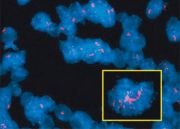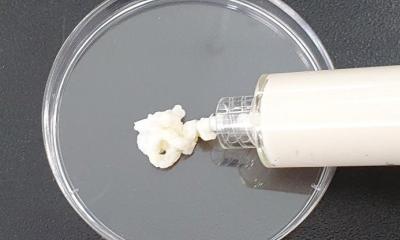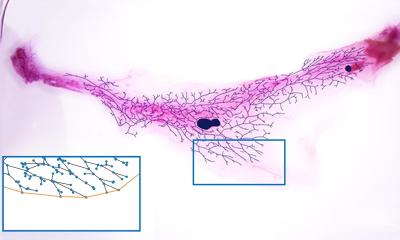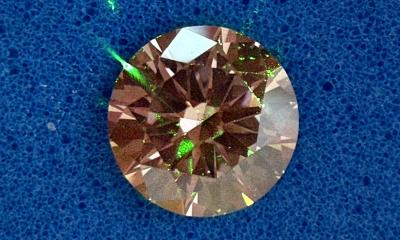Drug might protect against tumour recurrence
Tumour cells can migrate, sometimes also during a surgery to remove the tumour. US researchers recently found, that perioperative treatment with a drug known as colchicine might protect against recurrences at the site of the surgical wound.

It happens not often. But in a small number of cases, tumour cells that become detached from the bulk of the tumour, stick to cells at the site of the surgical wound and go on to form a secondary tumor. This migration has an enormous negative impact on the survival and quality of life of the patient.
New data, generated by Marc Basson and colleagues, at the John D. Dingell VA Medical Center and Wayne State University, Detroit, using a mouse model of surgery to remove a colon cancer tumor, suggest that perioperative treatment with a drug known as colchicine might decrease the incidence of tumor formation at the site of the surgical wound.
When colon cancer tumor cells are exposed to high pressure they exhibit an increased ability to stick to other cells. In the study, to mimic the conditions of surgery, the authors removed colon cancer cells from one mouse, exposed them to high pressure in vitro, and then transplanted them into a second mouse that they monitored for the development of tumors at the site of the surgical wound. The most important observation made was that if the mice from which the colon cancer cells came from were treated perioperatively with colchicine there was a dramatic decrease in the number of tumors that formed at the site of the surgical wound in the second mouse. As in vitro exposure of tumor cells from breast and head and neck cancers to high pressure also increases their ability to stick to other cells it is possible that these data might have implications in several clinical settings.
This article is adapted from the original press release.
27.08.2008











